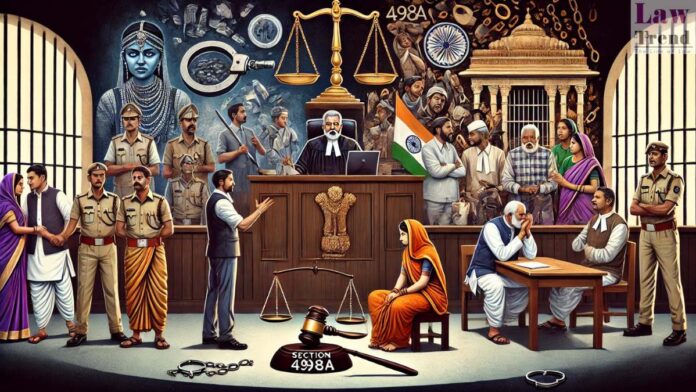The Supreme Court of India, in a significant ruling, has quashed criminal proceedings for cruelty and dowry harassment against a father-in-law, observing that once a marriage has been dissolved by a decree of divorce, the continuation of criminal cases arising from the matrimonial dispute would serve no useful purpose and only “perpetuate hostility.” A bench
To Read More Please Subscribe to VIP Membership for Unlimited Access to All the Articles, Download Available Copies of Judgments/Order, Acess to Central/State Bare Acts, Advertisement Free Content, Access to More than 4000 Legal Drafts( Readymade Editable Formats of Suits, Petitions, Writs, Legal Notices, Divorce Petitions, 138 Notices, Bail Applications etc.) in Hindi and English.




